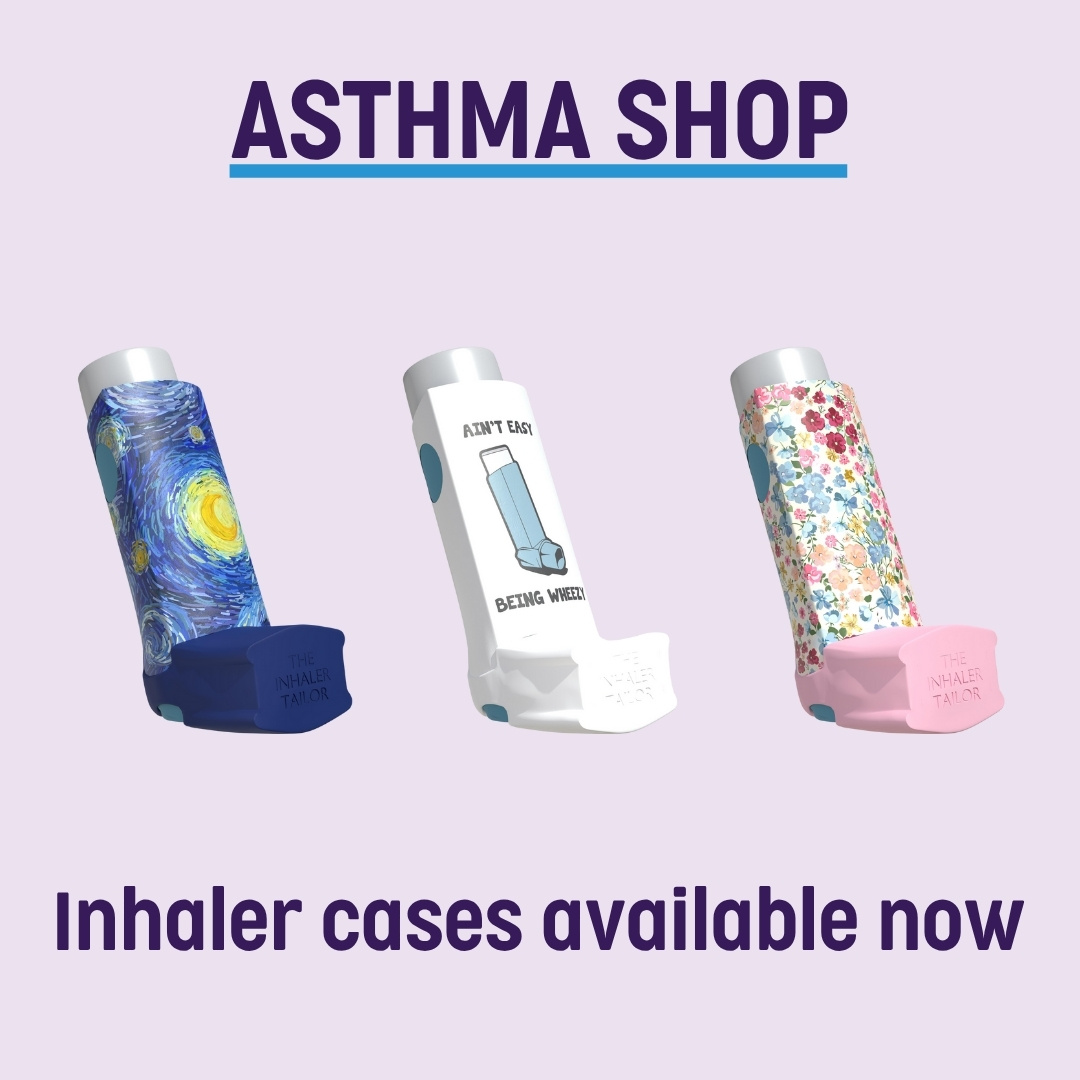MELBOURNE: Asthma Australia welcomes the announcement from the Hon Greg Hunt MP Federal Minister for Health of $1m funding towards a Schools Asthma Program.
This comes alongside the launch of the new National Asthma Strategy, setting out objectives and guidelines for improving asthma outcomes.
When asthma isn’t managed well it can have devastating impacts.
In Australia, asthma affects 2.5m people, and causes around 400 deaths and 39,500 hospitalisations per year.
Asthma disproportionately affects children. More than half (52%) of the hospitalisations from asthma are for children aged 0 to 14.
A key component of this funding will be for young people’s services, facilitating an improved Asthma in Schools program.
Michele Goldman, CEO of Asthma Australia said: “We are really pleased to see the Government recognising the seriousness of asthma and making this commitment to Australians with asthma.
Asthma still places a significant burden on the Australian community and we need to invest in new and improved approaches to begin lifting that burden. To do this we need better community understanding of asthma and to improve lifelong asthma management. Education and support for children and young people is a great place to start.”
Asthma Australia has worked with schools for many years to provide training and resources to teachers and school staff.
Requirements and protocols on asthma vary between schools and are different across the states.
A key part of Asthma Australia’s work with schools is the development of national best practice asthma guidelines, to make schools across Australia safer for children with asthma.
Ms Goldman said, “Young children with asthma are vulnerable if they experience asthma symptoms at school. It is vital they have staff on hand who know how to help. Asthma can get worse very quickly and asthma first aid can save lives.”
Instilling good self-management practices in young people will also safeguard their health during school years and will benefit them into adulthood.
The funding will contribute to:
- a ‘School Asthma Health Check’ to help schools ensure they are prepared to support children with asthma
- face-to-face teacher training to equip teachers with the skills to support children with asthma
- face-to-face training with young people to ensure they practice effective self-management of their asthma





 1800 278 462
1800 278 462



